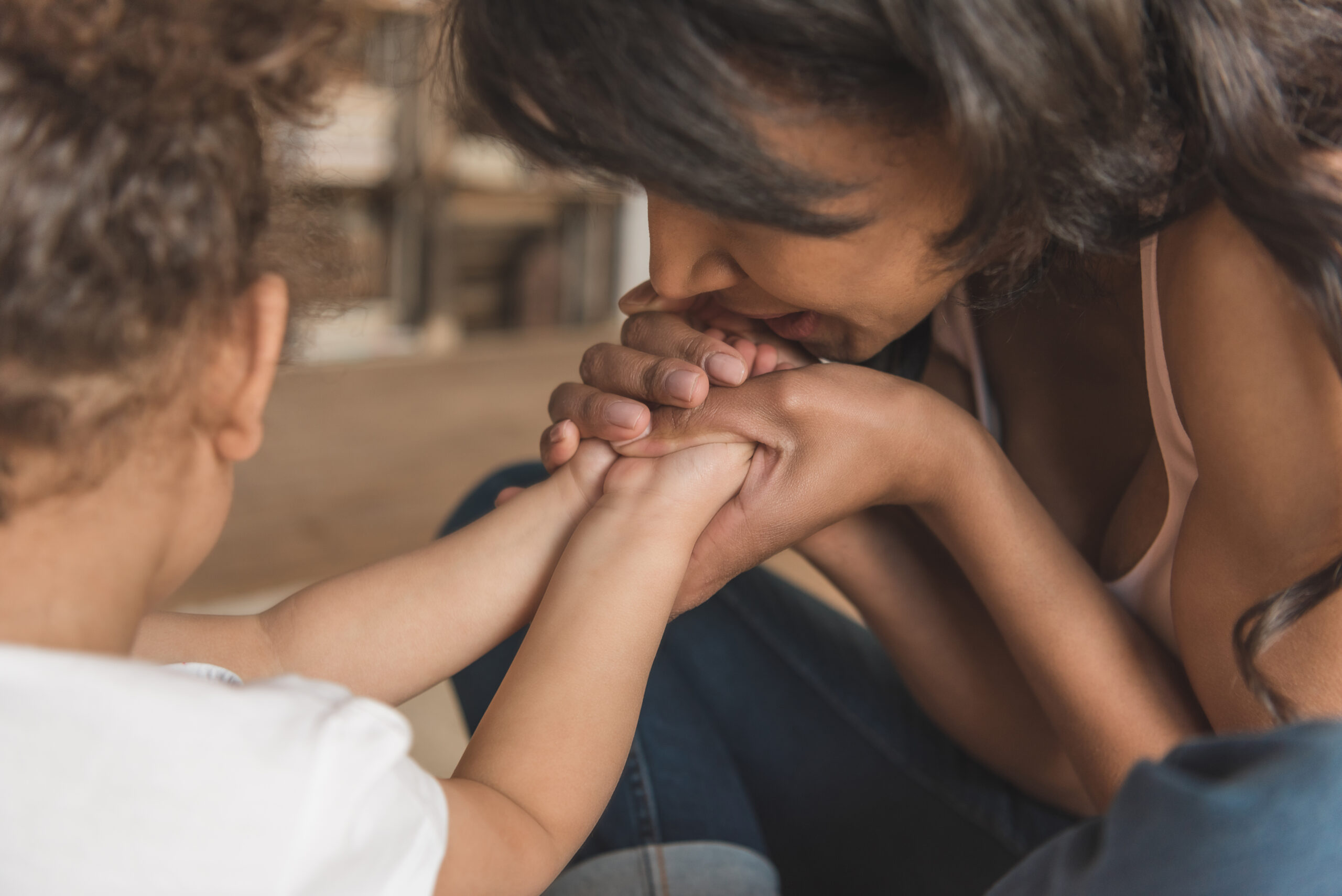As parents, one of our greatest challenges is helping our children navigate difficult experiences, especially when they’ve gone through a traumatic event. Whether it’s a natural disaster, the loss of a loved one, bullying, or witnessing something frightening, trauma can have a profound effect on a child’s mental and emotional well-being. At PMHC in Philadelphia, we understand the delicate nature of helping children process trauma. With the right guidance and support, parents can help their children work through difficult emotions and heal from the experience.
1. Create a Safe and Open Environment
One of the first steps in helping your child process trauma is to create a safe and supportive environment where they feel comfortable sharing their feelings. Children may not immediately express how they feel about a traumatic event, especially if they don’t fully understand what happened. It’s essential to let them know that their feelings—whatever they may be—are valid, and that they can talk to you whenever they’re ready.
Encourage open communication by listening without judgment or rushing to offer solutions. Simply being present and showing that you care can go a long way in helping your child feel secure enough to talk about what they’re going through.
2. Use Age-Appropriate Language
It’s important to talk about the traumatic event using language that is appropriate for your child’s age and developmental level. Younger children may not have the vocabulary to fully articulate their emotions, so it’s helpful to explain the situation in simple, clear terms. Avoid using overly complicated language or offering too much detail that could overwhelm them.
For older children or teenagers, you can engage in deeper discussions, but still be mindful of not providing unnecessary or distressing details. Answer their questions honestly, but focus on reassuring them that they are safe and that you are there to help them through this difficult time.
3. Monitor Behavioral Changes
Trauma can manifest in children in many ways, and not all of them are obvious. It’s important to monitor your child for changes in behavior that might indicate they are struggling to process what happened. These changes might include:
- Increased irritability or anger
- Withdrawal from friends or family
- Trouble sleeping or nightmares
- Physical complaints, like stomachaches or headaches
- A sudden drop in school performance
If you notice any of these signs, it may be an indication that your child needs additional support. While some behavioral changes are normal after a traumatic event, persistent or severe symptoms may warrant professional help.
4. Encourage Healthy Expression of Emotions
Children may not always know how to express their emotions in a healthy way after experiencing trauma. Encourage them to talk about their feelings, but also provide other outlets for emotional expression. Art, journaling, or playing with toys can help younger children express their emotions in a way that feels comfortable for them.
For older children, activities like sports, music, or creative writing can provide healthy ways to process and release emotions. Encouraging your child to engage in activities they enjoy can also provide a sense of normalcy and comfort during a challenging time.
5. Seek Professional Help When Needed
While many children can process trauma with the support of their families, some may need professional help to fully heal. At PMHC in Philadelphia, we offer specialized therapy and counseling services for children who have experienced trauma. Our compassionate team works closely with both parents and children to develop personalized treatment plans that help young individuals process their emotions, regain a sense of security, and move forward in a healthy way.
Helping your child process a traumatic event can be challenging, but with the right approach, you can provide the support and reassurance they need to heal. By fostering open communication, providing healthy outlets for expression, and seeking professional help when necessary, you can guide your child through this difficult time.
If your child is struggling with trauma, contact PMHC in Philadelphia to learn more about our trauma-focused therapy services.

